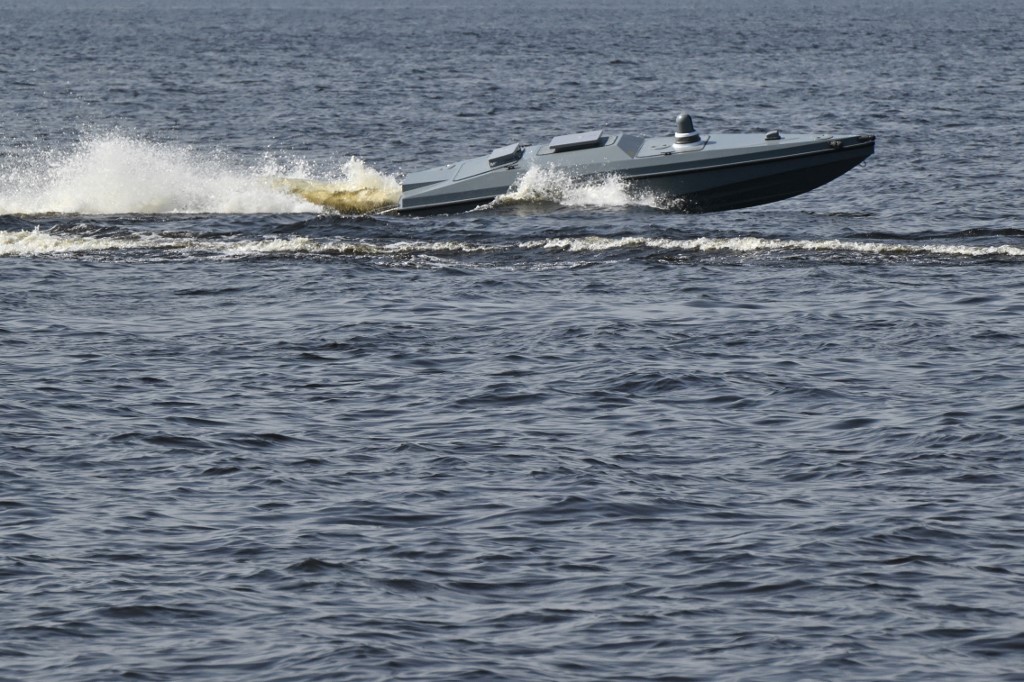The missile Russia used to strike the city of Dnipro is reportedly a variant of the Rubezh RS-26 ballistic missile, first tested in 2011. Russia likely possesses only a limited number of Oreshnik [Hazel tree] missiles, and it’s unlikely to have entered serial production, the UK Ministry of Defence stated on X (formerly Twitter).
The Oreshnik missile, classified as an intermediate-range ballistic missile (IRBM) with a maximum range between 3,000 and 5,500 kilometers (approximately 1,864-3,418 miles), only traveled approximately 800 kilometers (497 miles) to its target in the Dnipro strike.
JOIN US ON TELEGRAM
Follow our coverage of the war on the @Kyivpost_official.
“Russia highly likely only has a handful of Oreshnik missiles, which are yet to enter serial production,” the report reads.
This experimental system features six groups of six warheads, totaling 36 submunitions, capable of hypersonic speeds exceeding Mach 5 before impact. That would be approximately 6,175 km/h (3,836 mph)—about 5 times faster than the speed of sound in air at sea level. This is considered hypersonic speed, which is much faster than most conventional aircraft or missiles.
While hypersonic capabilities are standard for missiles of this class, Oreshnik’s deployment appears to have been a costly strategic message, likely in response to Ukraine's use of Western missiles against Russian targets, as outlined by UK Intelligence.
The UK Ministry of Defence highlighted that Russia’s development of the Oreshnik missile likely began before its withdrawal from the Intermediate Nuclear Forces Treaty in February 2019. The treaty, which previously banned the development and production of IRBMs, may have constrained Russia’s missile programs prior to its departure.

Russian Families Looking for Missing Soldiers Ask Ukraine for Help, Says Search Agency
“This missile is highly likely to be far more expensive than other missiles Russia is currently using against Ukraine,” the report stated.
Speaking at the CSTO summit in Astana on Nov. 28, Russian President Vladimir Putin said that Russia may target Ukraine’s key decision-making centers in Kyiv with its “never-before-seen” Oreshnik missile.
Putin added that Russian military officials are selecting targets across Ukraine, including military, industrial, and command facilities in Kyiv.
“Oreshnik affects even highly protected and deep-lying objects,” Putin said, describing the missile as capable of reaching speeds of 3 kilometers per second and temperatures of 4,000°C (7,232°F). “Everything in the epicenter of the explosion is divided into fractions, into elementary particles, and turns into dust.”
He clarified that the Oreshnik does not carry a nuclear warhead, eliminating the risk of radioactive fallout. “Although ‘Oreshnik’ is certainly not a weapon of mass destruction... it is highly accurate,” Putin added.
Following increased Russian missile and drone strikes on Ukraine, the Biden administration approved the use of US-supplied ATACMS missiles against military targets in Russian territory. Ukraine has since launched at least three attacks on Russian border regions.
You can also highlight the text and press Ctrl + Enter






